
Idli is another breakfast item from the South indian kitchen, which is a close cousin and a healthier version(since they are steamed) of the Dosas. The batter for the two are very similar with slight differences. In fact one can make idles or dosas interchangeably with the same batter too making slight modifications. You need to have an ‘idli mould’ to make idlis. The idli moulds are then placed in a big stockpot filled with water (or the idli stand) to steam the idlis.
Idlis are really soft, spongy and are usually eaten dunked in a spicy and tangy lentil and vegetable curry (sambhaar) or by dipping them into a fresh coconut chutney.
My recipe for Idlis is as follows:
Ingredients:
1 cup urad dal (split black gram lentils), washed thoroughly and then soaked in water overnight
1 cup rice flour
1 cup idli rava (coarse rice flour), soaked in water overnight
1/2 cup cooked rice (preferably parboiled rice)
1 tsp salt
Method:
Grind the soaked urad dal, the idli rava and the cooked rice in a grinder (or blender) with some of the water that was used to soak the urad dal and then pour this mixture into a big vessel (or a pot that has room for the dough to rise and expand to double its volume). Then add the rice flour and mix with a wooden spoon slowly till all the rice flour is mixed well and there are no lumps. Slowly add some more water and mix until you get a thick consistency batter but which is pourable.
Now cover this pot with a lid and place in a warm place overnight and leave it to ferment. In the US where room temperatures are mostly much lower than in India, I place the pot in a warm oven (I put the oven on the lowest setting and then after it reaches that, immediately turn it off and then place the pot inside).
Once the dough has fermented and you get a loose batter, you add salt and then steam the idlis by pouring the batter onto idli moulds. Steam for about 10-12 minutes on medium heat making sure the idli stand or the steaming pot has enough water. Once cooked, get the moulds out of the stand/pot and let cool for about 10-15 minutes. Then take a small paring knife and scrape the sides of each mould and get the idlis out gently. Enjoy warm dunking into sambhaar or coconut chutney.
Notes:
1. If you don’t have idli rava, you can just use 2 cups rice flour instead- you will still get good idlis.
2. The consistency of the batter is very important for it to ferment. So make sure that your batter is thick but still pourable consistency. If it is very thick, then your idli batter won’t ferment and rise well. At the same time if your batter is too thin, then again the batter will not ferment and rise well so the consistency has to be somewhere in the middle.
3. If you live in a warm tropical place where room temperatures are high (above 80 deg F) then do not leave the batter to ferment for a long time – Not only can it overflow out of the vessel (yes it has happened to me once !) but it can also overferment giving it a very bad odor and a very sour taste.
4.If you do not have an idli mould, you could steam the idli batter in a small shallow vessel, placing it inside a larger vessel which has boiling water(a steam bath) and then cut the steamed large piece of idli into squares. Idli moulds and stands are available in Indian grocers in the US.






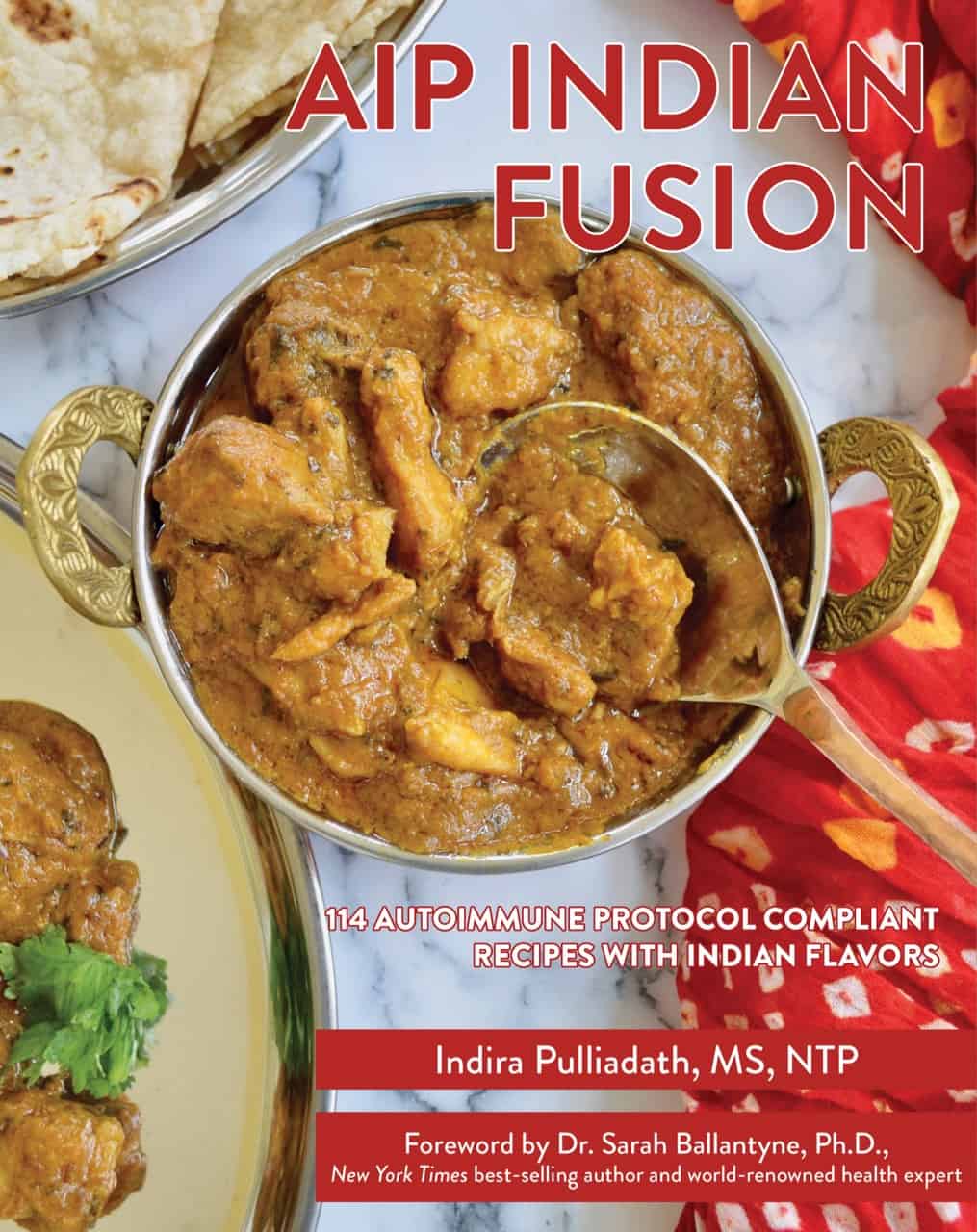
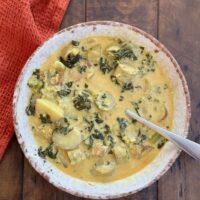

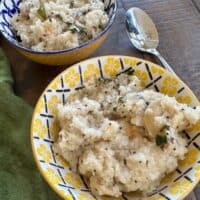

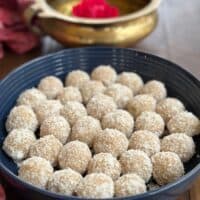
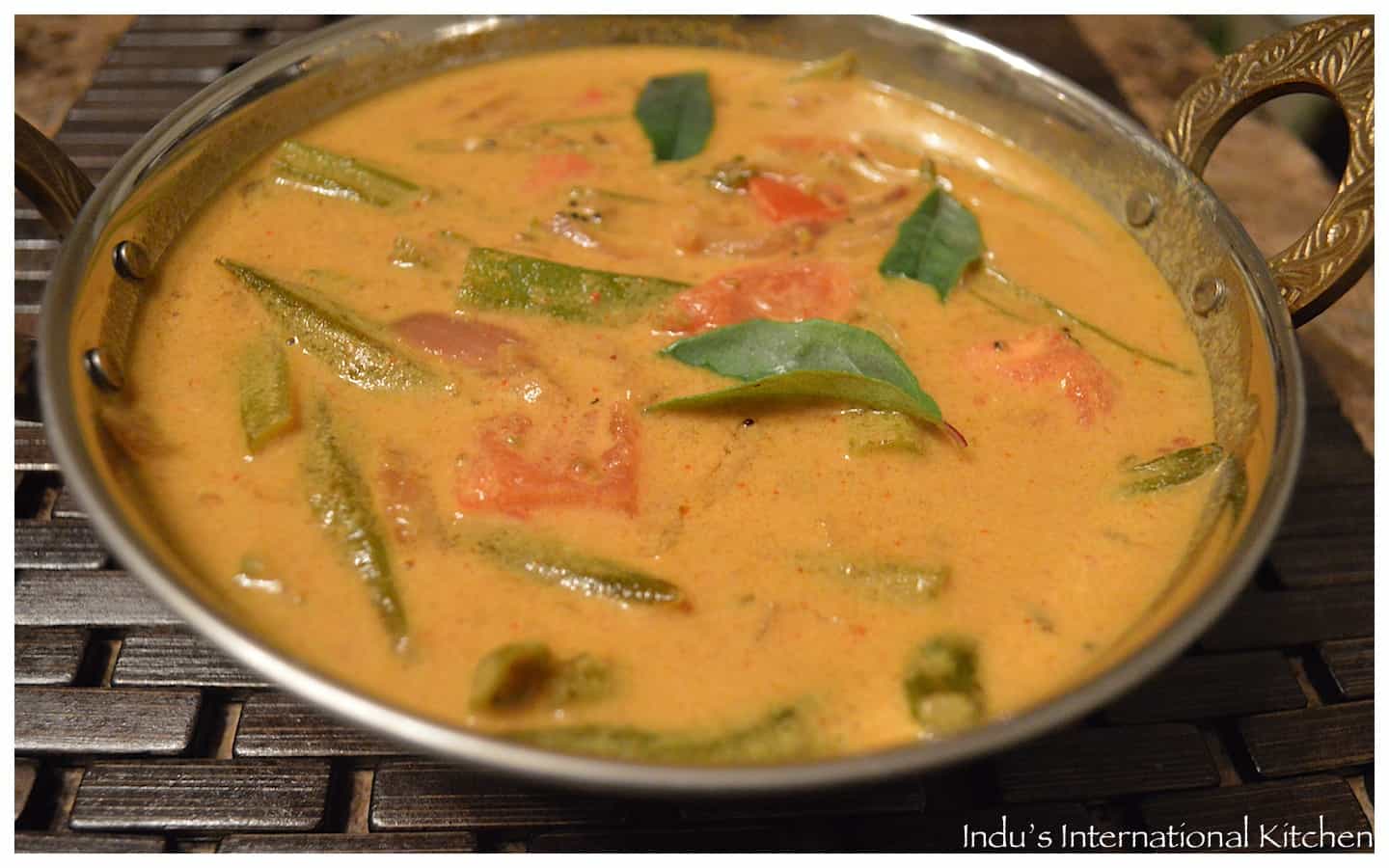
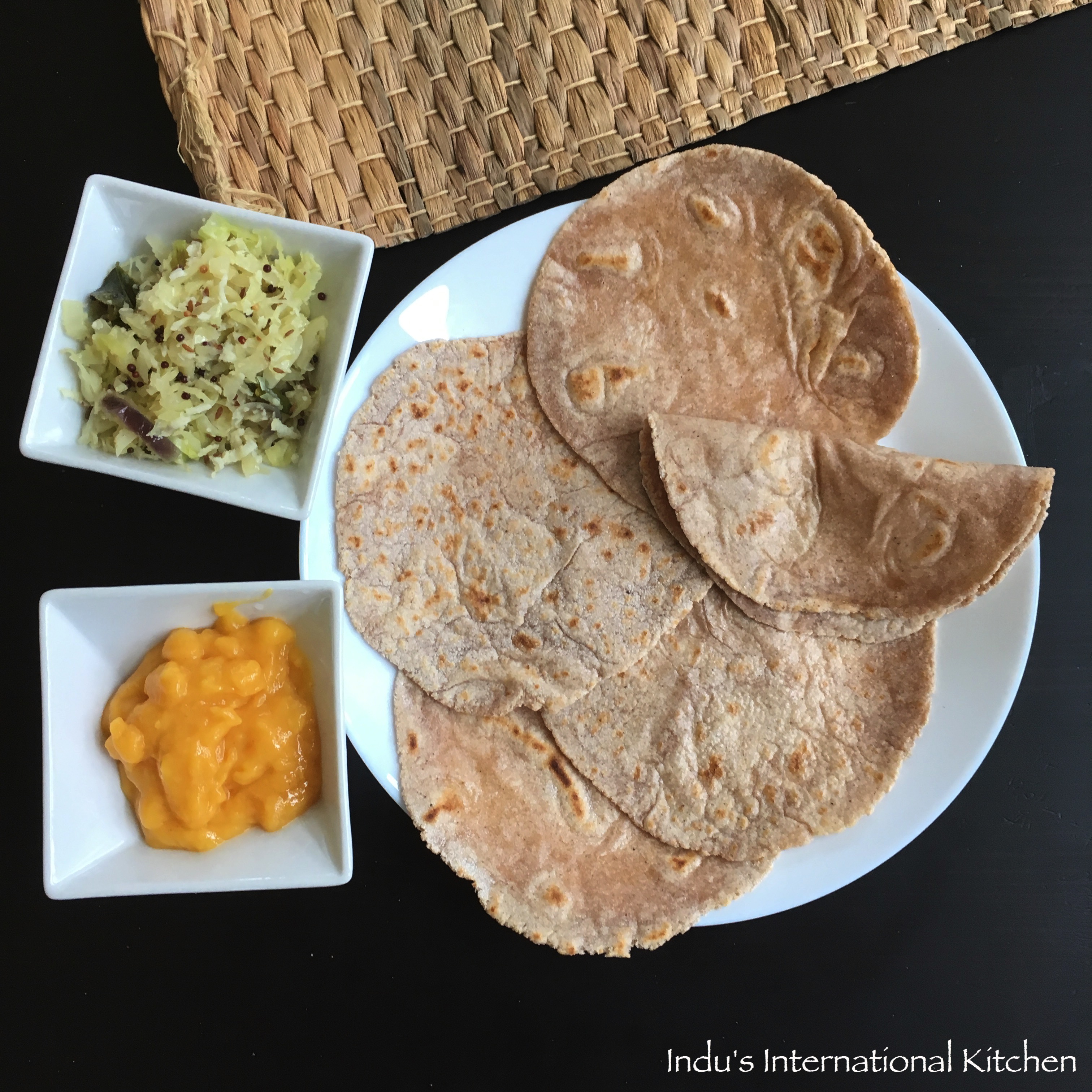
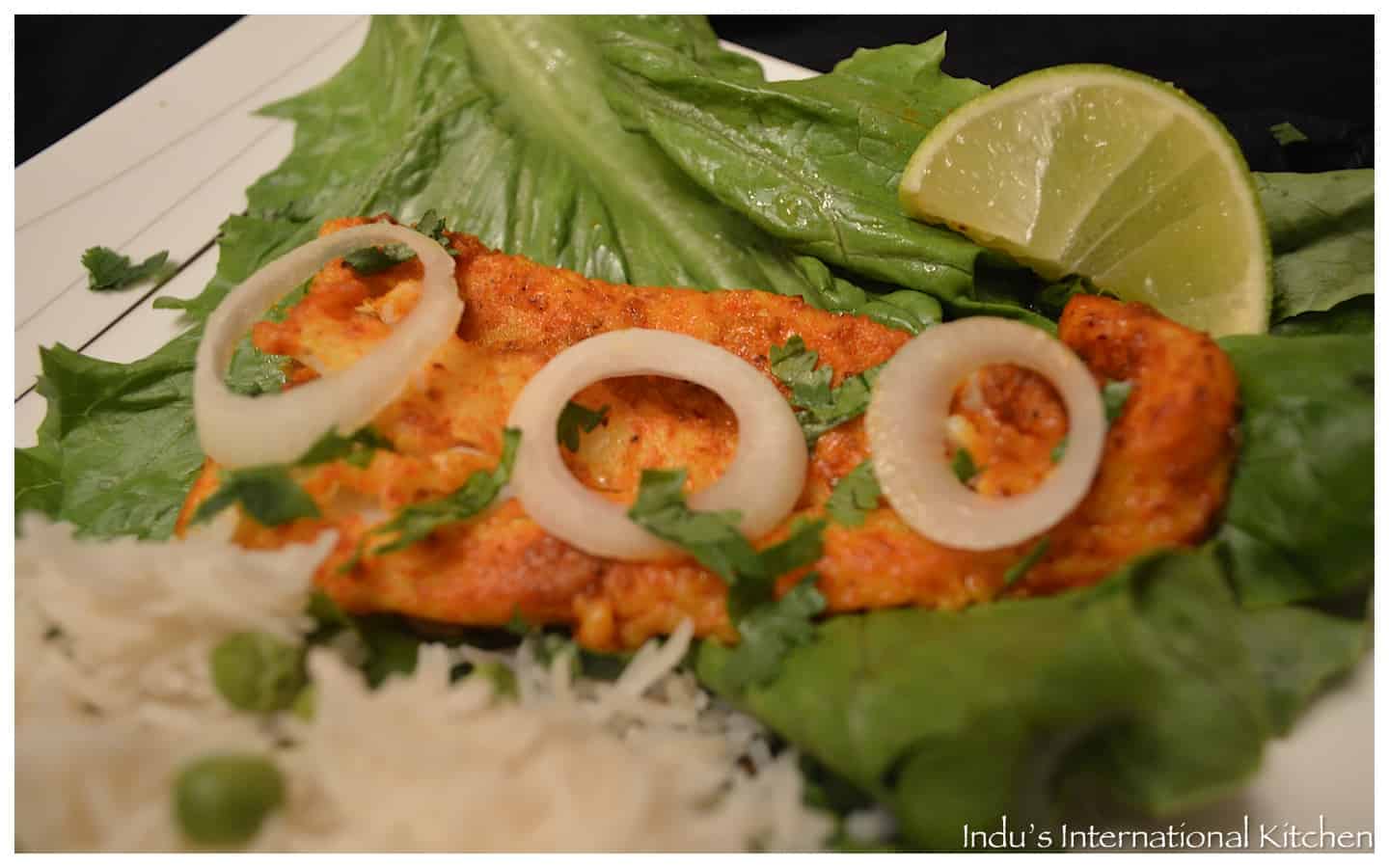
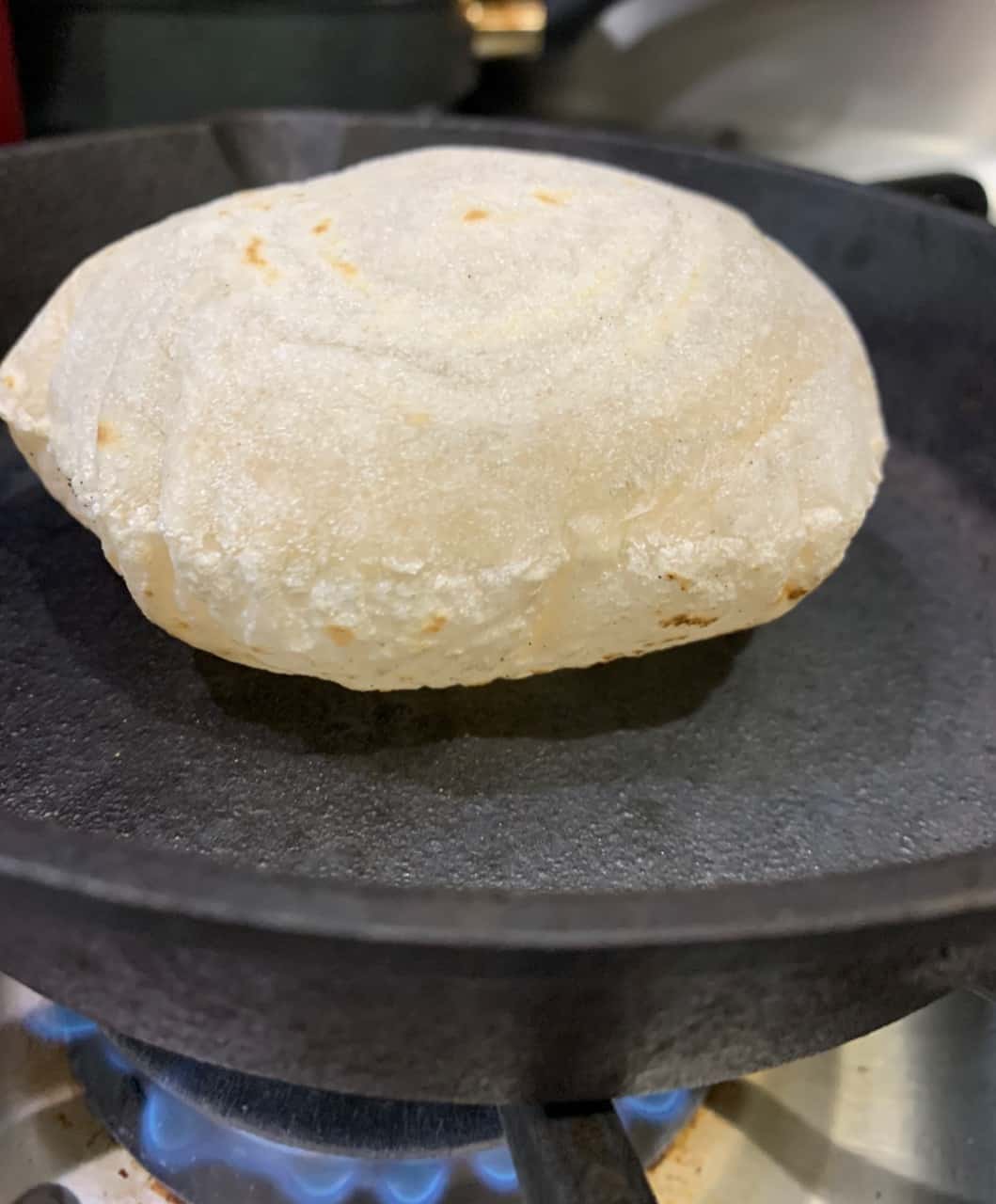

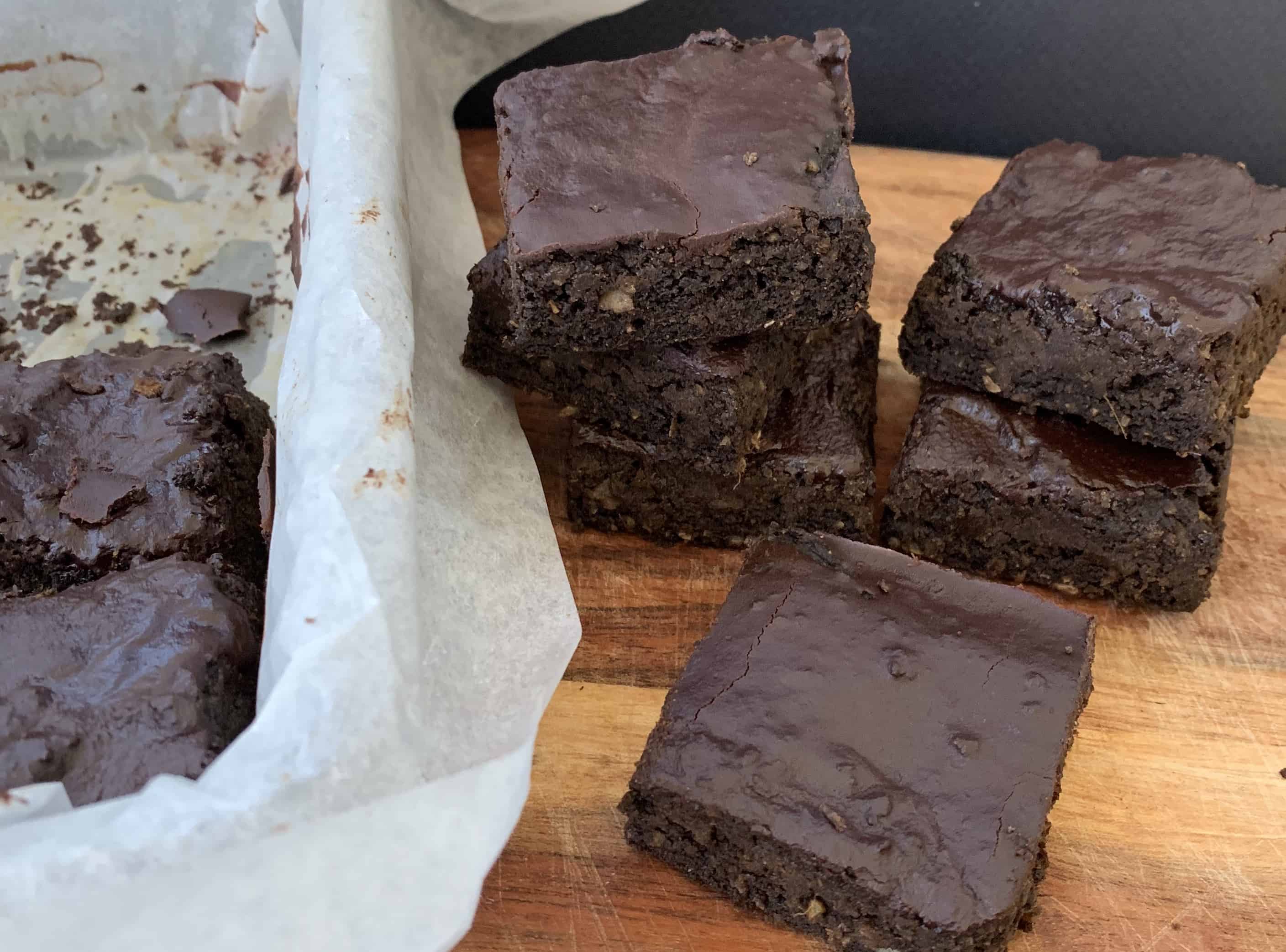
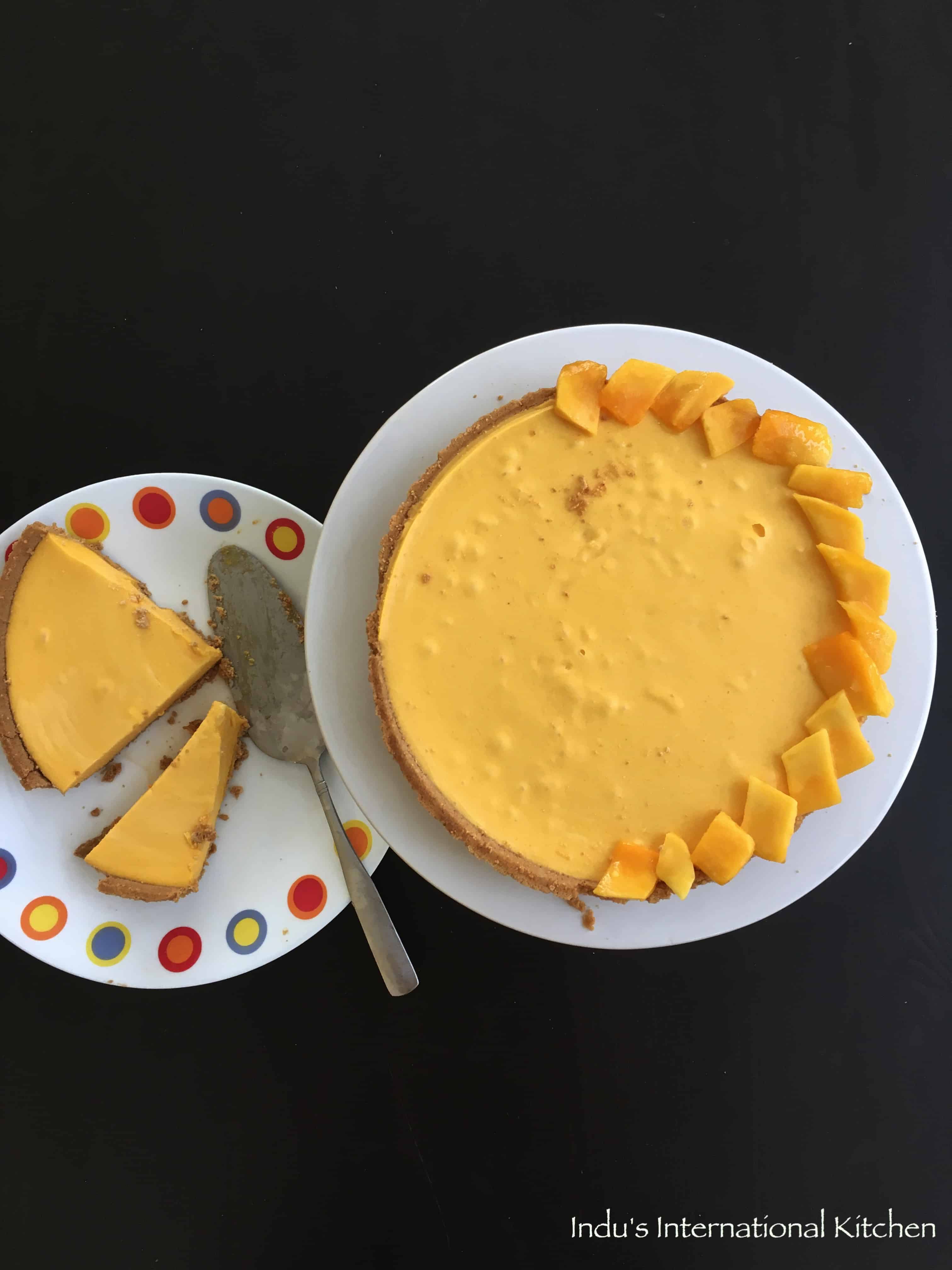
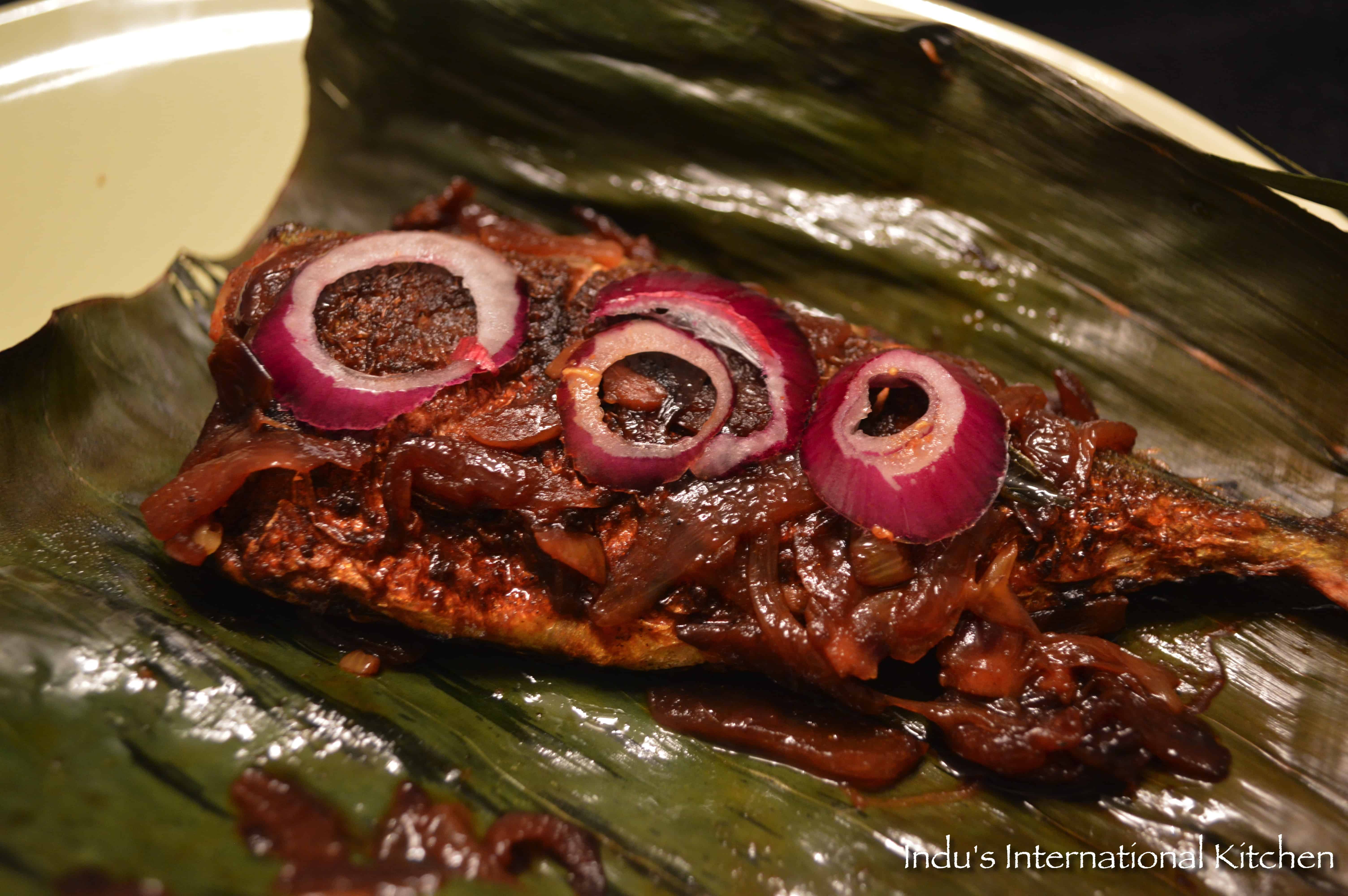

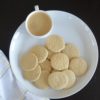
[…] 1 cup Idli batter (see recipe here) […]
[…] Recipe for Idli Batter […]
[…] like consistency made out of semolina. Traditional South Indian breakfast items include Idli and Dosas which I like to make for lunch or dinner but never for breakfast! But there is this […]
[…] smooth and it has a rich and slightly sweet taste to it. This chutney goes very well with Dosas, Idlis and Adais. This chutney is a nice and equally delicious alternative to the coconut chutney. It […]